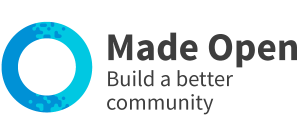A trust network is made up of people who rely on each other, who trust each other and who share experiences together.
These relationships are built on mutual respect, consistency and a sense of shared purpose. While a person’s trust network often begins with family and friends, the fragmentation of modern life means it increasingly includes - and benefits from including - neighbours, mentors and fellow community members.
Trust is what makes collaboration possible. When trust exists, people are more willing to show up, share their time, offer their skills and invest in something bigger than themselves. Without it, collaboration struggles to gain momentum.
Many of our clients recognise this. They understand that there’s no such thing as one “big idea” and that engagement comes from a collection of small meaningful interactions that build trust - and with it, momentum.
Why this matters
Trust networks turn passive observers into active contributors. People feel safer, more confident and more motivated to get involved when they know they’re part of something reliable and human. This trust leads to more honest conversations, better decisions and stronger outcomes.
In practice, this means:
- Higher engagement levels over time, not just during moments of crisis.
- More resilient communities that can adapt, support each other and take initiative.
- Faster momentum and progress, because people are more willing to share skills, time and resources.
- A deeper sense of belonging, which makes people more likely to stay involved and bring others with them.
Put simply: if you want community-led change that lasts, build trust first.
Tools for change
Explore our tools for change – practical guides and templates to help you engage stakeholders more effectively.




Please sign in or register to make a comment.